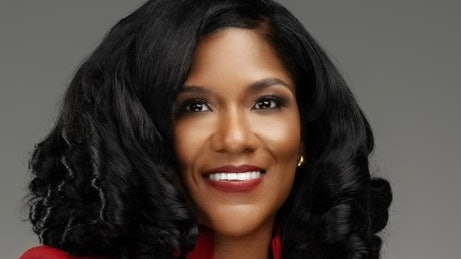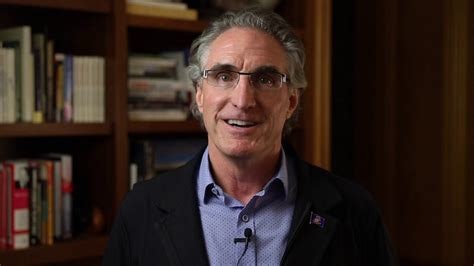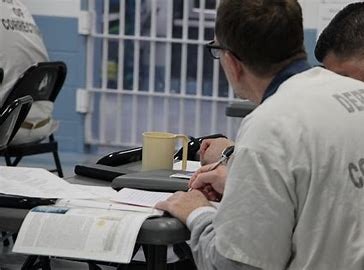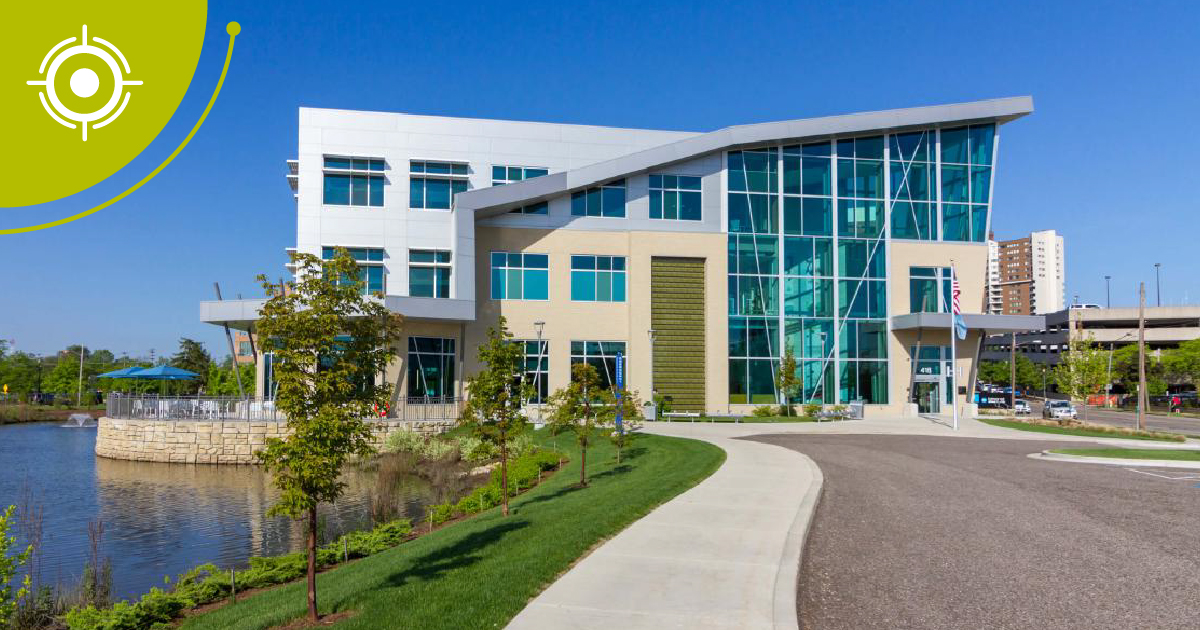As a first-generation college student, a Black woman, and the child of immigrants, I have witnessed firsthand the transformative power of diversity, equity, and inclusion (DEI) programs in higher education. These initiatives opened doors for me and countless others, providing opportunities that seemed out of reach for many in my community. Now, as we face a growing backlash against DEI efforts across the country, I find myself deeply concerned about the future of higher education and our nation’s ability to thrive in an increasingly diverse and complex world.
 Caroline Laguerre-Brown
Caroline Laguerre-Brown
The real motivation behind anti-DEI efforts
To understand the current backlash, we must first recognize its roots. Recent studies have shown that exposure to diverse perspectives and experiences in college settings leads to increased empathy, critical thinking, and a broader worldview among students. A 2013 Princeton University study found that students who engaged in more diverse interactions during college were more likely to challenge their own beliefs and develop more inclusive attitudes.
This transformation in thinking appears to be precisely what some conservative groups fear. The Manhattan Institute’s “Project on Fair Representation” and the Heritage Foundation’s “Project 2025” both explicitly call for the dismantling of DEI initiatives in higher education. These projects argue that DEI programs promote “division” and “anti-American ideologies.” However, their true concern seems to be that these programs are effective in exposing young people to different perspectives, including more progressive viewpoints. It’s clear that the push to eliminate DEI is not about promoting unity, but rather about maintaining a particular political and social status quo.
The impact of DEI programs on student success
Recent research continues to demonstrate the positive effects of diversity and inclusion initiatives on student outcomes. A study by Martínez et al. (2019) found that academic engagement and psychological capital resources were significant antecedents of academic performance among university students. This suggests that DEI programs, which often focus on fostering engagement and building psychological resources for underrepresented students, can play a crucial role in improving academic outcomes.
Furthermore, Patricia Gurin, et al. in a 2002 study, explored the educational benefits of diversity in college settings, particularly in light of challenges to affirmative action policies. Their findings demonstrate the significant educational and civic benefits of interracial and interethnic interactions during college. The authors argue that these results support the continued importance of diversity initiatives in higher education, both for increasing access and for promoting students’ academic and social development.
Preparing students for a diverse workforce
As our society becomes increasingly diverse, it’s crucial that higher education prepares students for the dynamic workforce they will enter. Scott E. Page in a book published in 2010 concluded diversity created “better groups, firms, schools and societies.” He showed through rigorous research that diversity resulted in superior problem solving in both research environments and in broader contexts.
The path forward
As we face this critical juncture in higher education, we must recognize that the need for diversity, equity, and inclusion will not diminish – it will only grow more urgent. Our higher education institutions must reflect this reality and prepare students for the world they will inherit.
This moment demands that we clearly communicate the value of DEI programs to all stakeholders – students, parents, faculty, administrators, and policymakers. We must make it clear that these initiatives benefit everyone, not just underrepresented groups.
As someone whose life was transformed by the opportunities that DEI programs created, I can attest to their power to change lives and open doors. But more than that, I’ve seen how these programs strengthen our institutions, our workplaces, and our nation as a whole. The erosion of DEI in higher education is a threat to our collective future. We must stand firm in our commitment to creating inclusive, equitable educational environments that prepare all students to thrive in our diverse world. The strength of our nation and our democracy depends on it.
How to strengthen diversity, equity, and inclusion efforts in challenging times
For presidents and provosts in supportive states: If you lead an institution in a state where DEI initiatives are not under attack, seize this opportunity to reinforce your commitment to diversity, equity, and inclusion. Prioritize DEI in your budget allocations and integrate diversity goals into performance metrics for leaders. Ensure that these commitments are visible and actionable across your institution.
For presidents and provosts in challenging states: In states where anti-DEI legislation has been enacted, collaborate with legal counsel to explore lawful avenues for fostering inclusive workspaces and learning environments. Discuss the university’s strategy for ongoing compliance with anti-discrimination laws like Title VI, Title VII, and Title IX, and Section 504 of the Rehabilitation Act – including education, training, and prevention activities.
For faculty members: As educators, you have a profound influence on shaping future leaders. Use your platform to champion diversity, equity, and inclusion initiatives within your university. Educate yourself on inclusive teaching practices and implement them in your classrooms. Your efforts can help cultivate a generation that values and upholds a multi-racial democracy.
For staff in leadership roles: Your leadership can set the tone for your institution’s commitment to diversity. Reflect these values in your decisions, evaluations, and interactions. Even when faced with differing viewpoints, uphold the principles of equity and inclusion. Your actions can inspire others and contribute to a more inclusive and equitable academic community.
Caroline Laguerre-Brown is the principal and CEO of Designing Equity, LLC, and is the first vice chair of the Board of Directors of the National Association of Diversity Officers in Higher Education.
#Erosion #DEI #Higher #Education #Threat #Progress #National #Strength





![From Time Tracking To Invoicing: How TimeSolv Transforms Legal Practice [Sponsored]](https://namesit.xyz/wp-content/uploads/2024/09/Thumbnail-female_laywer_on_computer_using_LexisPlus-150x150.jpg)




